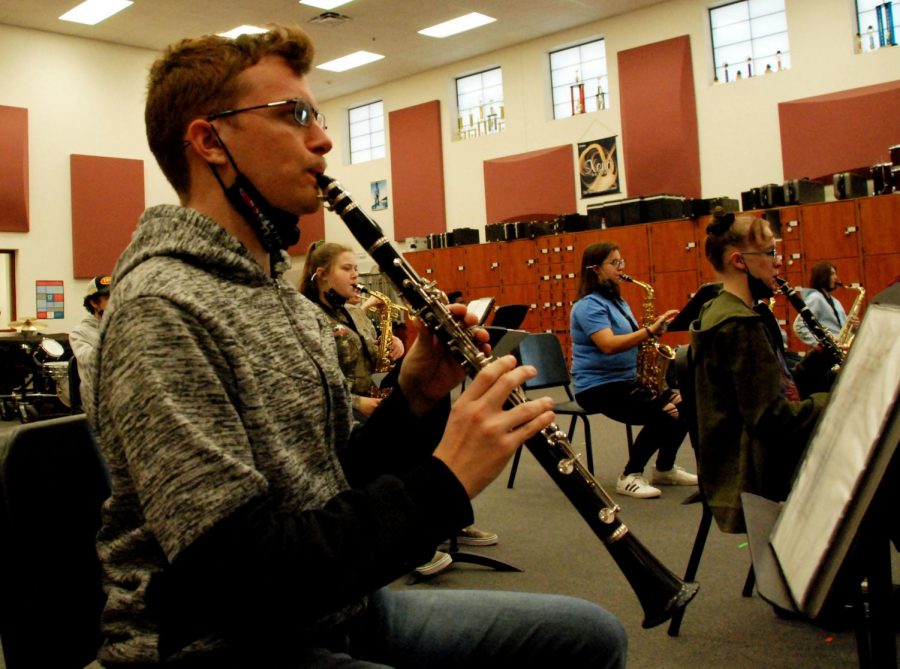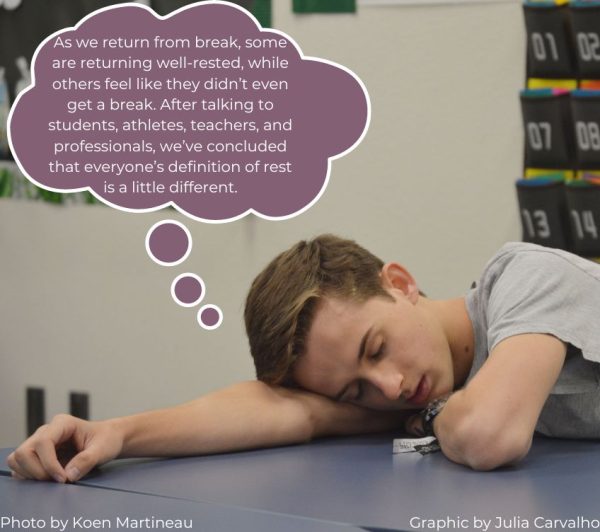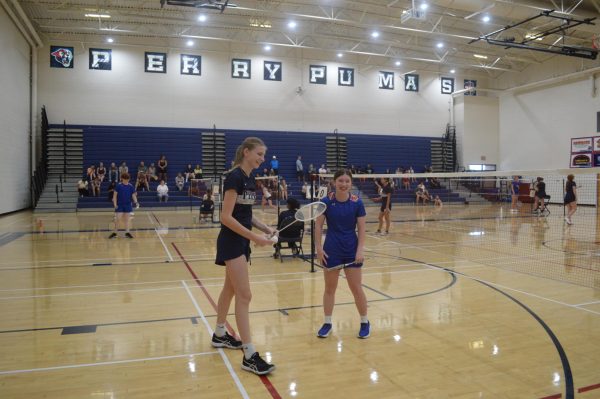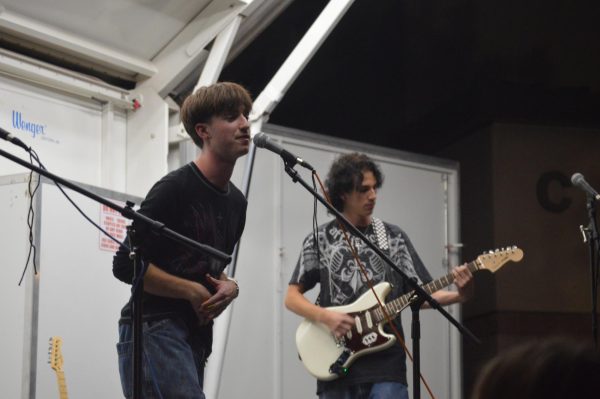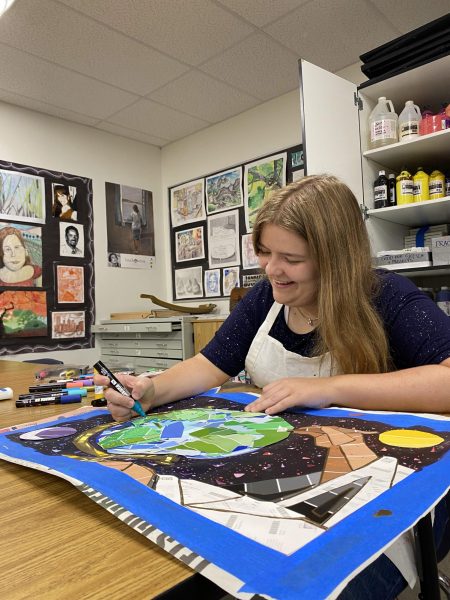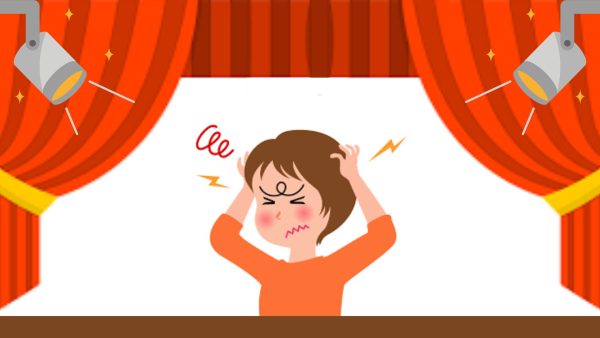Regional auditions look different for students in music programs
Clarinet player Brandon Moak, junior, practicing for Regional auditions. Auditions are structured virtually this year, due to COVID-19 restrictions.
Every year, students enrolled in choir, orchestra, or band have the opportunity to audition for the AMEA Southwest Region Honor Groups. There are eight regions in Arizona, and students can audition for one of the 100 chairs in the choir, orchestra, or band in their region. If a student qualifies for their Regional Group, they are eligible to audition for the All-State Groups, which consists of the best students from all eight regions. Students in the Regional and All-State groups perform in a concert for their family and the general public.
Traditionally, students go to Phoenix to audition during their assigned time slot. Orchestra director Valerie Dopp said this year, due to COVID-19 related concerns, “Everything is online. The auditions are online, using a platform called Opus.” The students who are auditioning have from Feb. 1 to Feb. 6 to submit their virtual audition. The audition process requires going to the OpusEvent audition platform, where they have only one opportunity to record their audition, similarly to auditioning in front of a live panel of judges.
If a student makes it into their Regional group, they perform in a prerecorded concert. Choir director Jameson Staley said, “Once students are selected, they will be given some music to learn, which they will practice on their own, and then they will record it and somebody’s going to put all of those recordings together to create a virtual choir, [orchestra, and band].” Students are still expected to learn their music independently in order to perform in their virtual event.
This audition cycle was Senior Grace Pittman’s second year auditioning for Regional Orchestra on the violin. Pittman said in order to prepare, “I just practiced a lot.” She practiced for Regionals with her private teacher as well as in Orchestra class. Junior Brandon Moak is a clarinet player who is auditioning for Regional Band this year. Moak said that to prepare for this year’s audition, he also started “practicing early and not slacking off.” He continued, stating, “I’ve started practicing more frequently…I’ve learned a thing or two about effective practice along the way as well.” Regional auditions are still requiring students to step up and meet the expectations that come with such an opportunity as this.
Band director Brandon Kiegsen will be providing recording equipment for his students. “We’re setting up a recording day…We want it to be professional and sound good. We have students come in and submit their audition by using recording equipment,” Kiegsen said. Other ways that Staley, Dopp, and Kiegsen helped their students prepare for Regionals include listening to recordings of their students playing or singing and giving feedback, practicing sight-reading in class, practicing scales and Regional excerpts in class, and offering practice opportunities after school.
Though Regional auditions look different this year, auditioning students are still accountable for how they prepare and practice if they make it into the Regional group. The same standards are to be met, even if the format is different from past years.

Saydria Ostler is a senior at Perry High School, and this is her third year of newspaper. Saydria is the Editor-in-Chief this year! When Saydria is not...
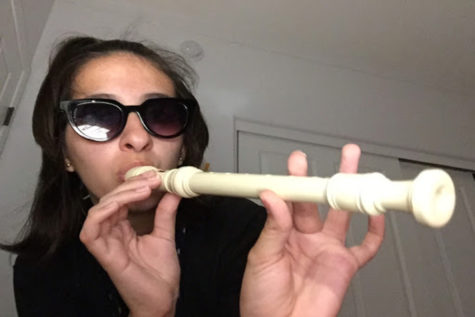
Nadine Loureiro is a senior at Perry High School and is in her third year of newspaper. Her beat this year is food critic, which she is looking forward...

